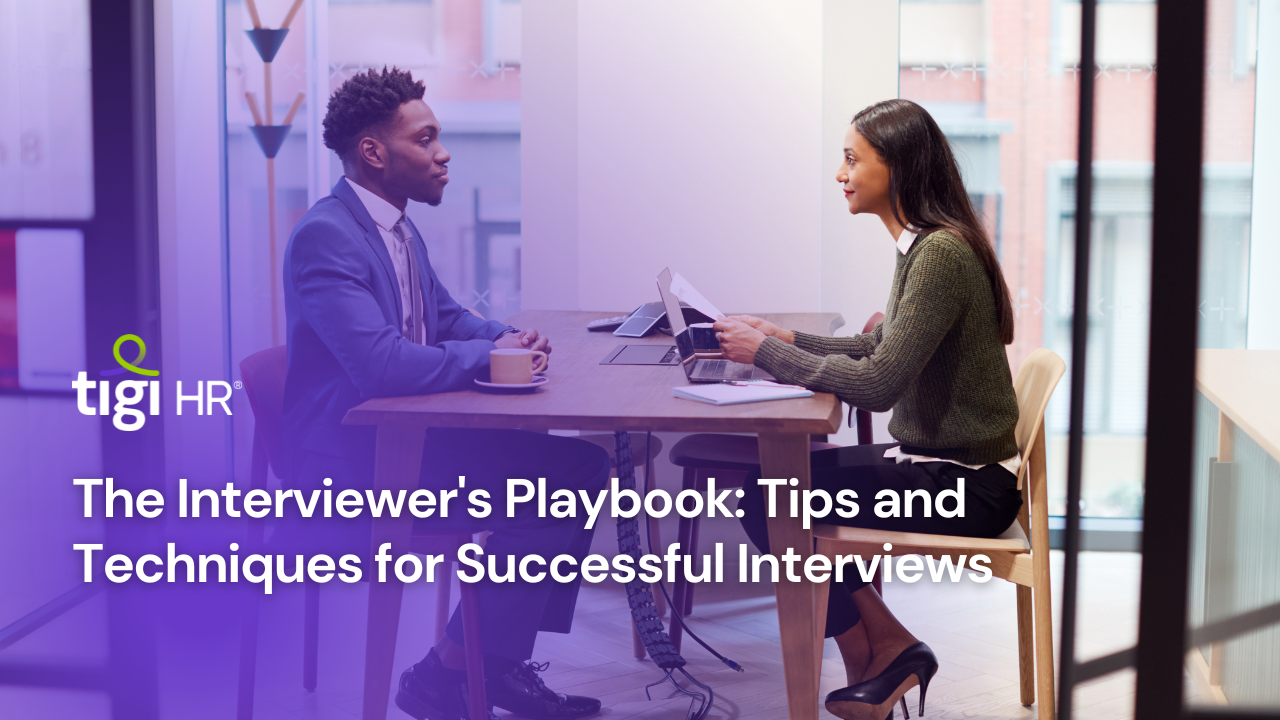As an interviewer, your role is pivotal in identifying the best candidates to join your team. Conducting successful interviews requires a combination of preparation, effective communication, and the ability to assess candidates’ qualifications and fit for the role. In this comprehensive guide, we’ll explore essential tips and techniques to help you conduct successful interviews and make informed hiring decisions.
Understanding the Importance of Effective Interviews
Effective interviews play a crucial role in the hiring process, allowing employers to assess candidates’ skills, qualifications, and fit for the role and company culture. According to research by Glassdoor, 67% of job seekers say the interview process is a significant determinant of their decision to accept a job offer. This highlights the significance of conducting interviews that provide candidates with a positive experience while ensuring thorough evaluation.
Preparing for Success: Before the Interview
- Review the Job Description: Familiarize yourself with the job description and key responsibilities to gain a clear understanding of the role’s requirements. Identify the specific skills, qualifications, and experiences you’re looking for in a candidate.
- Develop a Structured Interview Plan: Create a structured interview plan that includes a combination of behavioral, situational, and technical questions tailored to the role. This approach ensures consistency and fairness across all interviews and allows for a comprehensive assessment of candidates’ qualifications.
- Review the Candidate’s Resume: Thoroughly review the candidate’s resume to identify relevant experiences, skills, and accomplishments. Use the resume as a guide to tailor your questions and probe deeper into specific areas during the interview.
- Prepare the Interview Environment: Ensure the interview environment is conducive to a productive conversation. Choose a quiet and comfortable location, minimize distractions, and have any necessary materials, such as the candidate’s resume and interview questions, readily available.
- Familiarize Yourself with Legal and Ethical Guidelines: Familiarize yourself with legal and ethical guidelines governing the interview process, including anti-discrimination laws and privacy regulations. Ensure that your interview questions are job-related and avoid any questions that could be perceived as discriminatory.
Mastering the Interview: During the Interview
- Establish Rapport: Begin the interview by welcoming the candidate and establishing rapport. Put the candidate at ease by introducing yourself, explaining the interview process, and setting expectations for the conversation.
- Ask Open-Ended Questions: Use open-ended questions to encourage candidates to provide detailed responses and share relevant experiences. Avoid leading or yes/no questions and allow candidates the opportunity to showcase their qualifications and fit for the role.
- Active Listening: Practice active listening throughout the interview, paying close attention to the candidate’s responses and non-verbal cues. Take notes as needed to capture important details and follow up on any points that require clarification or further exploration.
- Probe Deeper: Probe deeper into candidates’ responses to gain a comprehensive understanding of their experiences and qualifications. Ask follow-up questions to explore specific examples, challenges faced, and outcomes achieved in previous roles.
- Assess Cultural Fit: Evaluate candidates’ fit for the company culture by asking questions that assess their values, work style, and preferred team dynamics. Consider how candidates’ personalities and attitudes align with your organization’s values and mission.
- Sell the Opportunity: Highlight the benefits of working for your company and the opportunities for growth and development. Showcase your company culture, values, and unique selling points to attract top talent and differentiate your organization from competitors.
Closing the Interview: After the Interview
- Thank the Candidate: Thank the candidate for their time and participation in the interview. Express appreciation for their interest in the role and company.
- Provide Next Steps: Clearly communicate the next steps in the hiring process, including timelines for follow-up communication and any additional steps, such as assessments or reference checks.
- Document Interview Feedback: Take time to document your impressions and feedback from the interview while it’s still fresh in your mind. Capture key strengths, areas for improvement, and overall fit for the role.
- Follow Up: Follow up with the candidate promptly to provide updates on their application status and any additional information or clarification needed.
Conclusion
Conducting successful interviews requires careful preparation, effective communication, and the ability to assess candidates’ qualifications and fit for the role. By following these tips and techniques, you can conduct interviews that provide candidates with a positive experience while ensuring thorough evaluation. Remember, the interview process is not just about evaluating candidates—it’s also an opportunity to showcase your company and attract top talent to join your team.





